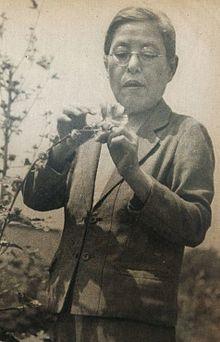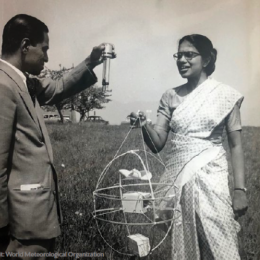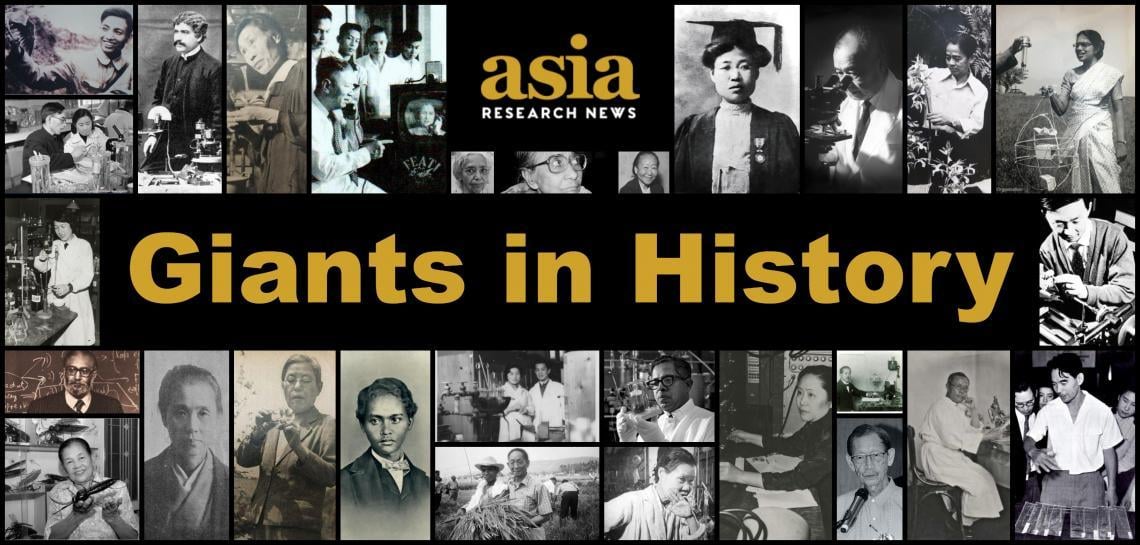The botanist who overcame the odds
Kono Yasui (16 February 1880 - 24 March 1971)
Japan

Kono Yasui (16 February 1880 – 24 March 1971) was a Japanese botanist who researched the genetics of poppies, corn and spiderworts and surveyed the plants that had been affected by the nuclear fallout after the atomic bombings of Hiroshima and Nagasaki. A pioneer in many ways, Yasui was the first Japanese woman to receive a doctoral degree in science and also the first Japanese woman to publish in an international journal. In 1929, Yasui founded the cytology journal Cytologia. Growing up, Yasui’s family encouraged her to pursue her passions, even if they conflicted with gender norms of the time. The Japanese government initially rejected her application to study in America on the belief that “a woman cannot achieve much in science.” She was only allowed to study overseas on the condition that she listed “home economics research” alongside “scientific research” as her areas of study and that she agreed not to marry. After she returned to Japan, Tokyo Imperial University awarded her a doctoral degree in science for her research on how plants turned into coal, even though she was not an official student. After World War II, Yasui played a pivotal role in the transformation of Tokyo Women’s Higher Normal School into a comprehensive university for women, renamed Ochanomizu University. Together with fellow scientist Chika Kuroda, she established the Yasui-Kuroda Scholarship to provide educational opportunities for young female researchers.






